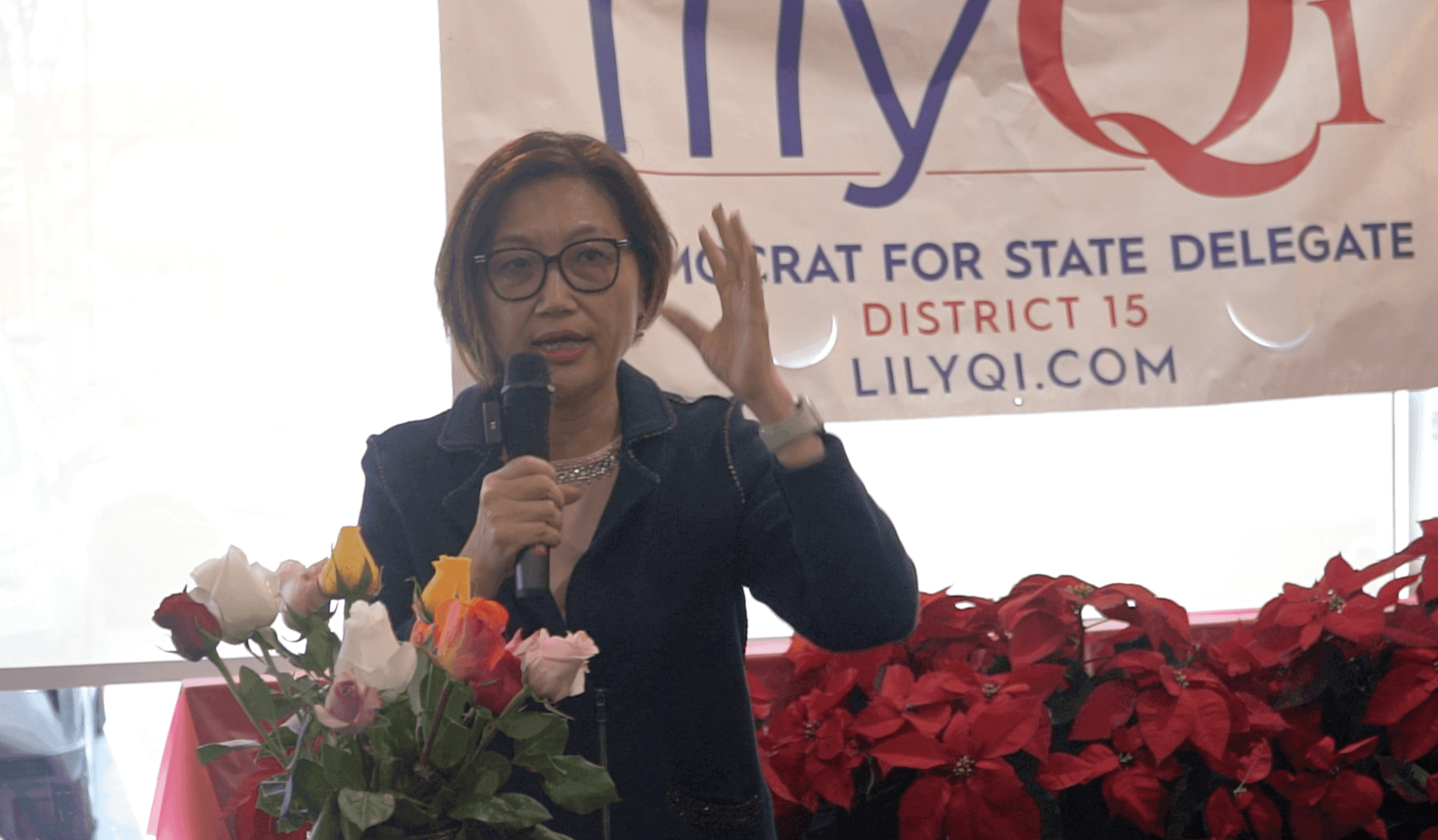Opinion | AAPI Are Awakening to Their Political Power
Yuan Media's Op-ed
By Editorial Board
Here's the 10th episode of "DC, the Core." As we mark this small milestone in May, it's coincidentally also Asian American and Pacific Islander Heritage Month. We've decided to focus on AAPI participation in politics for this special episode.
Currently, there are 20 legislators from the AAPI community in the U.S. Congress, among them Vice President Kamala Harris. Her mother arrived in the U.S. at the end of the 1950s for educational purposes. After nearly a decade of academic hard work, she earned her Ph.D. in a biochemistry-related field and has since made this country her home. Does Vice President Harris's family story resonate with yours?
Kamala Harris isn't the sole AAPI figure ascending to the highest echelons of the political arena. Second-generation AAPI immigrants have even run for the presidency of the United States, such as Nikki Haley and Vivek Ramaswamy. Their party affiliations, campaigns, and agendas aren't our focus here. What I want to highlight is that individuals from AAPI immigrant families are politically active across the nation and even globally. Do you envision your own children as second or third-generation AAPI individuals, one day in the political spotlight like them?
Why not?
The United States belongs to the American people. Every citizen has the right to have a say in how it runs.
In a previous episode, we discussed how, in the US, the qualifications for running for president or any public office, whether federal or local, aren't too high. While getting elected can be challenging, the threshold for entering the race isn't very steep. Many ordinary individuals, including you and me, meet the criteria.
At Yuan Media, we are primarily dedicated to covering AAPI involvement in politics. Our goal is to provide a platform to voice the AAPI individuals engaged in political and civic activities. By doing so, we aim to ensure that the broader US population truly understands the perspectives of the AAPI community, often considered a minority within a minority. Through our journalistic efforts, we seek to amplify our voices, address our concerns, highlight our interests, and showcase our contributions. Ultimately, we aspire to foster a more inclusive environment throughout the US.
According to our recent reporting, AAPI candidates are emerging in many battleground congressional districts. Among them, some are quite young, like the two Chinese-American candidates in California with whom we conducted exclusive interviews. Both are 26 years old, with one still studying in college.
In Maryland, where Yuan Media is based, the AAPI population may not be as sizable as in California. However, in the 3rd Congressional District, there are two AAPI candidates vying for office and competing with each other.
You can also find AAPI candidates participating in local races. The AAPI community is becoming increasingly engaged in politics that directly affect their daily lives. For instance, since education is a top priority for many AAPI individuals, it serves as a gateway for them to understand US politics better. They are actively involved in the Board of Education race, whether by voting or running for office.
Consider Howard County, Maryland, as a case in point. Since 2018, consecutive AAPI members have served on the Board of Education for several election cycles. Remarkably, one of them, Chao Wu, leveraged his experience in public service on the Board of Education to secure a seat in the State Assembly.
Compared to the rise in AAPI candidates, the more significant increase lies in the AAPI-eligible voter population.
According to Pew Research Center projections, a projected 15.0 million Asian Americans will be eligible to vote this November. Though just 6.1% of all eligible voters, they make up the fastest-growing racial or ethnic group in the U.S. electorate.
Many AAPI advocacy groups, ranging from hometown associations to parent associations, take proactive steps to educate AAPI voters. They organize candidate forums and detailed tours of Capitol Hill, aiming to inform AAPI community members about their voting options. These groups assist in candidate research, provide guidance on registration procedures, and explain the voting process through group chats on messaging apps popular within AAPI communities. Their efforts are geared towards helping community members make informed voting decisions and bridging the gap in civic knowledge often experienced by immigrants.
The lack of political engagement within the AAPI community stems from their backgrounds in countries where democracy was lacking and political oppression was common. The background has instilled a fear of discussing or participating in politics. Despite living in the US for many years, some AAPI individuals still view politicians as elites tasked with governing the public rather than seeing them as representatives and public servants elected to serve the people.
However, an increasing number of AAPI individuals are breaking free from these constraints, recognizing their power as citizens. Politics only reflects our concerns when we actively engage with it. As voters, our ballots represent our influence. Our civic awareness is awakening, and our collective power is growing, evident in data and statistics. While there's still progress to be made toward our ideal objectives, the fact that change has begun is a hopeful sign.

 Yuan Media
Yuan Media



